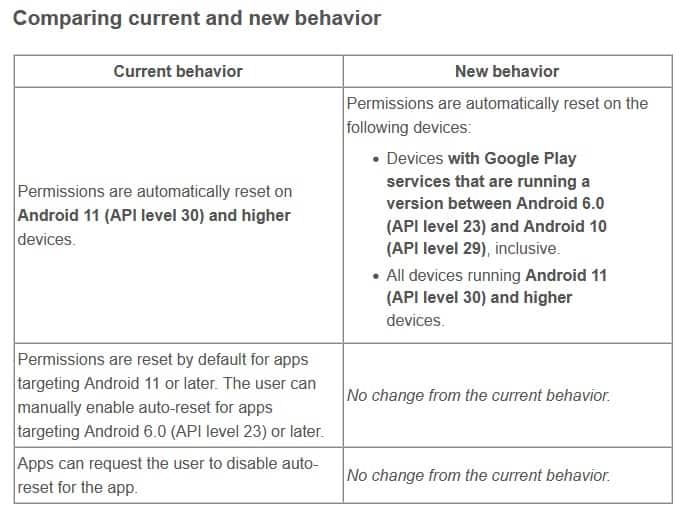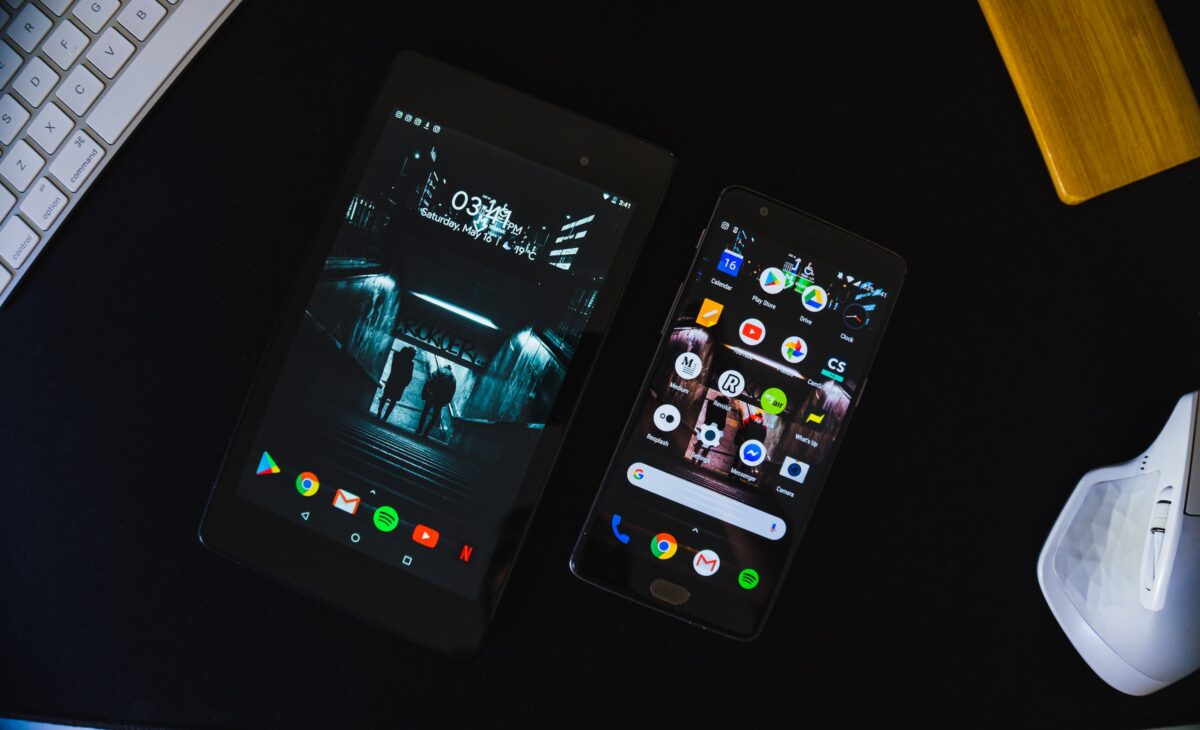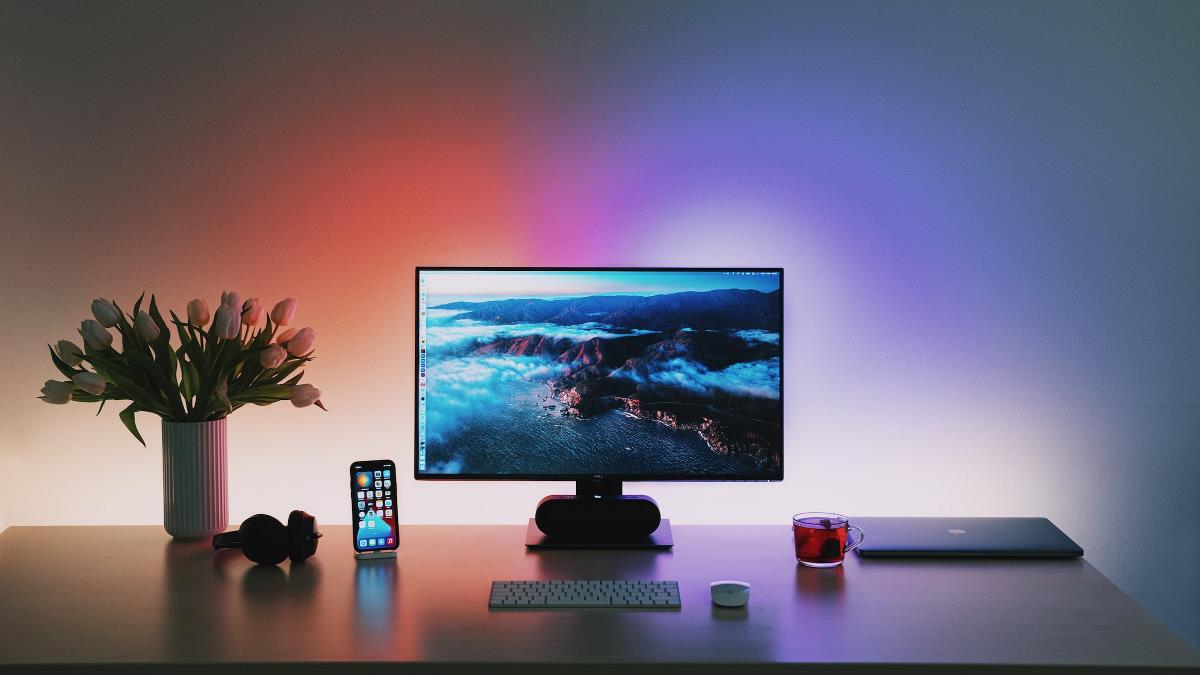Google is bringing the permissions auto-reset feature for devices running on Android 6 and above

A year ago, when Android 11 was released, it brought with it a feature called Permissions auto-reset. The option revokes the permissions that you granted for apps, if the operating system detects that you haven't used said apps for a long time.

Here's why that's important. Do you install a lot of apps on your smartphone? Many people do, but sometimes we forget that we have them installed, especially if you are an app hoarder. You may still have the apps on your phone, because you never know when you might need them again. E.g. an app that you used for booking flight tickets, or make a reservation at a hotel.
That's fine, but what's not cool is that the apps may not be idle per se. They could be running in the background, which in turn means they might be accessing sensitive permissions. By revoking access to these permissions, you get some additional security/control over the app. Of course, you could remove the permissions manually, or simply uninstall the app, but not everyone is going to be doing that.
Now you can understand why permissions auto-reset is a very useful option to have. There's another reason why the feature is important. Android's biggest problem is OS fragmentation. Some OEMs provide a couple of Android OS upgrades, but many devices are abandoned quickly, with just a year of updates or in some cases, none at all. So, it is not a real surprise to see that many phones are still running on older versions of the operating system. This in turn means that the devices don't have the permissions-related security feature, since it was introduced in Android 11.
Permissions Auto-Reset in Android 6 and above
The good news is that Google is back porting the feature to older versions of Android. How is that possible? Through the Google Play Services framework. If your Android phone shipped with the Google Play Store out of the box, it has the framework installed. Google constantly updates the backend to patch fixes, to make sure the device can access the Google Play Store. The framework is also used by many apps to deliver messages and notifications.
Back to the topic at hand, the search giant says that it will release an update to the Google Play Services, which will bring the permissions auto-reset feature for devices that are running on older versions of Android, more specifically it will support phones that are on Android 6 to Android 10. The announcement article, that has been published on the Android Developer's blog, says that the change will affect billions of devices, and when the update is installed, the security feature will be enabled by default. That's a welcome move.
Apps that have been enabled as Device Administrator apps are exempted from this rule, but these are usually advanced apps used by power users. The announcement also notes that developers can prompt users to disable auto-reset, so if you ever see an app asking you to toggle the permissions reset option, don't be alarmed by the prompt.
The Google Play Services update will begin rolling out starting December 2021. In case you missed it, Android 12 is set to be released in a couple of weeks.























I just unsubscribed from the constant “Google Security Alerts” they continually bombard me with. They arrive every time Firefox updates to a new version which in turn is considered by Google to be a ‘new device’. That and the “Someone has your password’ which goes hand-in-hand with the above mentioned alerts.
I have a youtube channel, but hardly ever use it anymore since yt withdrew its video editing app without offering a replacement some time ago. Now it just functions as a kind of repository for all my old flight movies back in the pre-Covid era.
I use either VLC to watch yt videos, or if for some reason it doesn’t work, then youtube-dl as a fallback option.
My Android phone dates from 2016 so it doesn’t receive any updates anymore. The only apps I use are CoronaCheck (shortly to be compulsory if you want to enter a bar or a theatre/cinema in NL) , LINE and Signal and FF.
The less I have to do with Google, the better I like it!
Ashwin,
Your article appears to misrepresent what is given in Google’s blog article that was given to be your source. Your article indicates an Android 11 feature that is to be back-ported to Android 6.0 – Android 10; however, there is no indication of any back-porting whatsoever in the source article. The Google article appears to instead be referencing an upcoming change/update to Google Play Services, a Google framework for Android that is not part of Android itself.
The Google blog article is announcing an upcoming change/update to Google Play Services. For versions of Google Play Services intended for Android 6.0 or newer, the Google Play Services feature/new behavior would be enabled by default.
Google Play Services integrates with the system and some required and necessary Android apps are replaced with Google specific versions, including the Package installer app, which usually handles app permission management.
I do not use Google Play Services myself, but have some familiarity with their removal and integration. My impression of Google’s article is that it is implicitly indicating a change in Google Mobile Services (GMS) policy, presumably where in the past, Google Mobile Services would not meddle with a user’s app permission choices, but with the GMS update, that changes, and Google Mobile Services would actively change app permissions and wherefore allowed behaviors.
I guarantee that these auto reset permissions are not respected by Google’s own apps.
Tell me why Chrome’s location is automatically set to ‘on’ on first boot? or when you turn your phone off and on?
I wonder how many changes Google makes without you knowing?
Oh man what are you doing, trashing Google?
I know you’ve created this ChromeFan avatar for a laugh which some reader here just take it seriously which they shouldn’t. Anyway this comment certainly wasn’t funny.
@Yash It happens everytime. I promise you it will not happen again.
Some people here are very serious, they need to have some sense of humour (lol). I’m glad you have a sense of humour.
I presume with your comment style and satire you’re a football fan. Am I right?
@Yash Yh I am, are you?
Yep, Premier League.